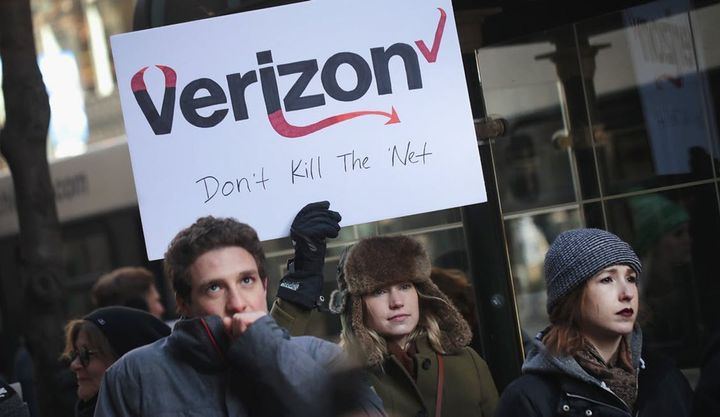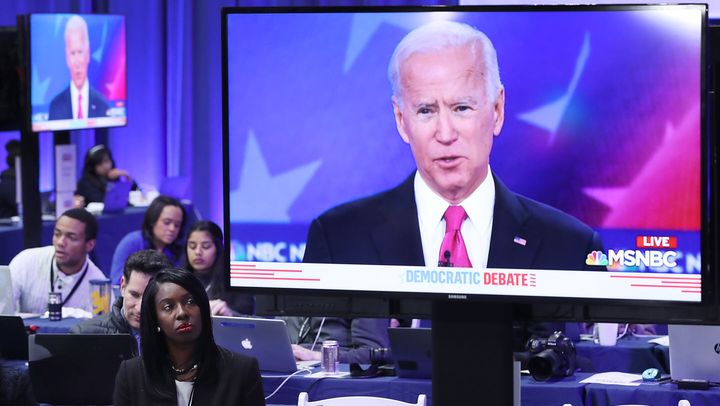In 2015 the Federal Communications Commission (FCC) passed net neutrality rules designed to survive legal challenges by companies including Comcast and Verizon. For years these companies had worked to strike down prior versions of net neutrality, arguing in court that the FCC hadn’t classified broadband Internet under a title of the Communication Act of 1934 that gave them authority to enforce the rules. So the FCC used a different regulatory approach for their 2015 rules, which would be more likely to withstand similar arguments against them from telecom companies.
Today, following a massive lobbying effort by the telecom industry, the 2015 net neutrality rules officially die. Without the rules, Internet service providers will have more control over which websites and apps their customers can access.
According to lobbying disclosures filed with the U.S. Senate and reviewed by Sludge, Comcast, Verizon, AT&T and their largest trade groups, the Internet and Television Association (NCTA) and CTIA, have spent $190.3 million on lobbying the FCC and other government bodies, much of it to reverse net neutrality, since the 2015 rules were passed.
That figure is a good indicator of the sheer scale of the effort, but because of the rules governing disclosure of lobbying expenditures, it is necessarily imprecise. Sludge’s review of the records excludes any disclosures that do not specifically reference lobbying related to net neutrality or the “open internet order,” as it is known. But lobbying groups are not required to itemize their expenditures by specific issues they worked on, so in some cases the total amount reported in the documents covers work on other issues as well.
However, the $190 million reported to the Senate is likely just a portion of the total amount these companies spent on lobbying against the net neutrality order.
Besides paying for lobbyists, the political action committees and employees of these companies and trade groups have given more than $16.3 million to members of Congress and congressional candidates in the 2016 and 2018 election cycles, according to Sludge’s review of data from the Federal Elections Commission. Although the decision to overturn the 2015 net neutrality rules was made by the FCC, Congress played a major role in shaping the politics around it. While some members of Congress pushed measures to protect net neutrality, others made statements of support and signed public letters backing the FCC’s decision to repeal it. Several of the members of Congress who were among the first to publicly back the repeal of net neutrality had taken much larger than average sums from the telecom industry.
These companies and trade groups also funded organizations that ran campaigns designed to create the appearance of broad public opposition to net neutrality. This money is often funneled through intermediaries or “social welfare” nonprofits that are not required by law to reveal their donors, but in some cases the money is traceable.
For example, Sludge’s Jay Cassano reported in May on an organization known as the Taxpayers Protection Alliance (TPA) that has taken yearly contributions from both the NCTA and CTIA and ran ads on Twitter urging people to call Congress and express their opposition to a bill that would have saved the net neutrality order. Several civil rights groups that have drafted letters and press statements calling for the repeal of the 2015 net neutrality rules have received major funding from the telecoms. And an academic paper referenced by FCC Chairman Ajit Pai as “a great example” of why net neutrality should be repealed was published without disclosing the fact that it was funded by an organization with deep ties to AT&T.



